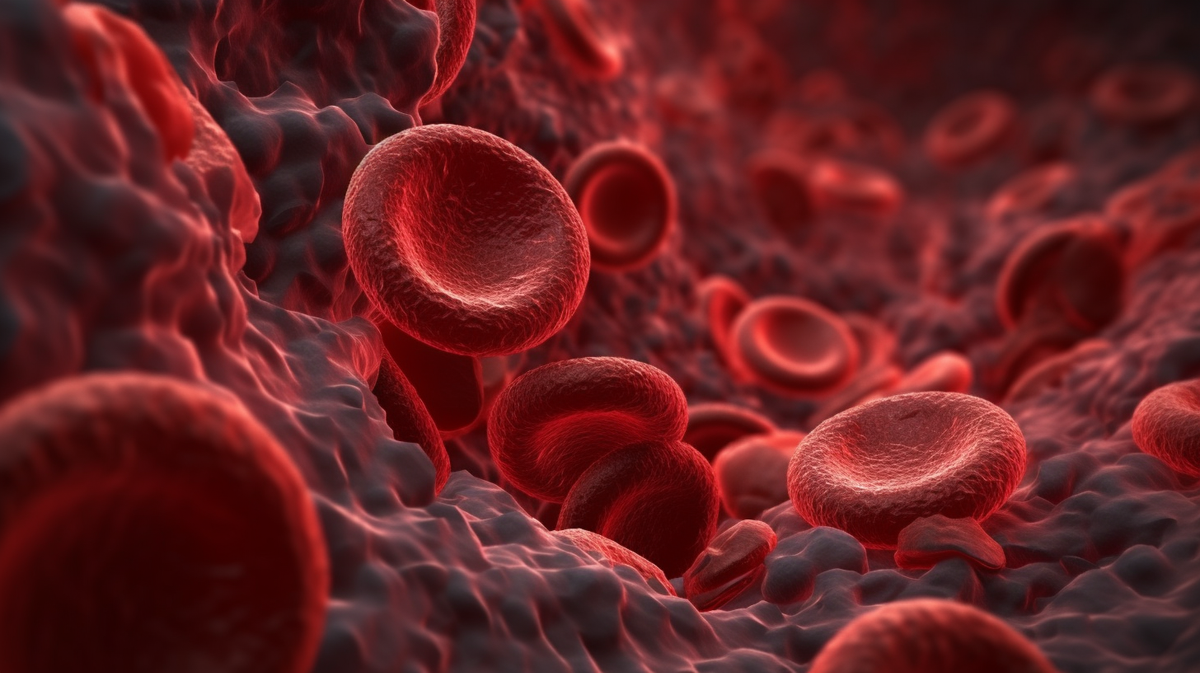Vitamin B12
- Culture Enzymes Minerals & Vitamins
Vitamin B12 is a water-soluble vitamin, meaning it dissolves in water and is not stored in the body for long periods. It is important to regularly consume foods rich in B12 since the human body cannot synthesize the vitamin.
Vitamin B12 offers several health benefits. It supports normal energy-yielding metabolism by converting food into energy. It also maintains the functioning of the nervous system, aiding in the production of myelin that protects nerve fibers. Adequate levels of B12 reduce tiredness and fatigue by facilitating the production of red blood cells, which transport oxygen. Furthermore, B12 is essential for red blood cell formation and contributes to normal homocysteine metabolism, an amino acid involved in various processes. These diverse roles highlight the importance of obtaining sufficient vitamin B12 through diet or supplements.
References:
O'Leary, Fiona, and Samir Samman. "Vitamin B12 in health and disease." Nutrients, vol. 2, no. 3, 2010, pp. 299-316. DOI: 10.3390/nu2030299.
